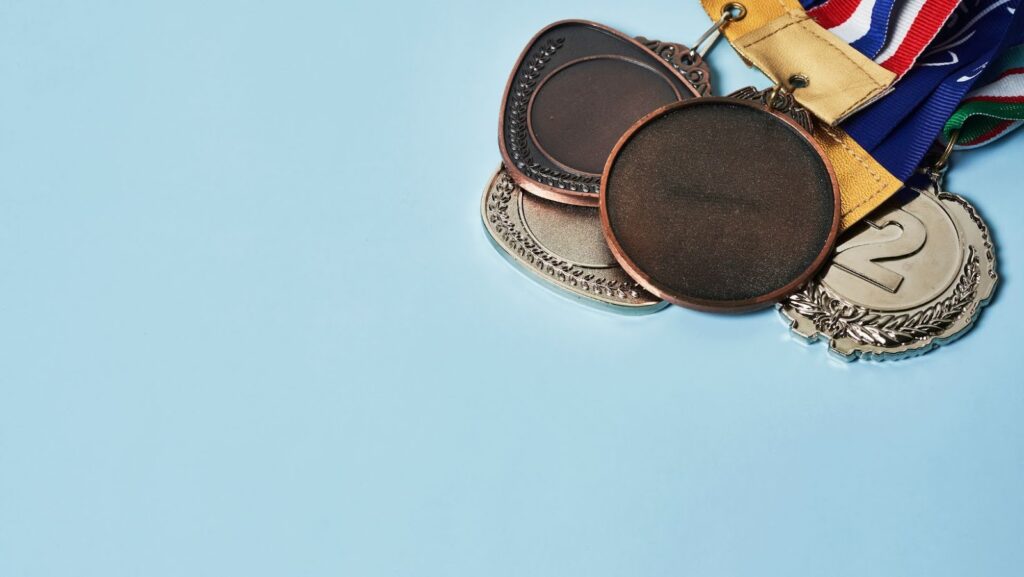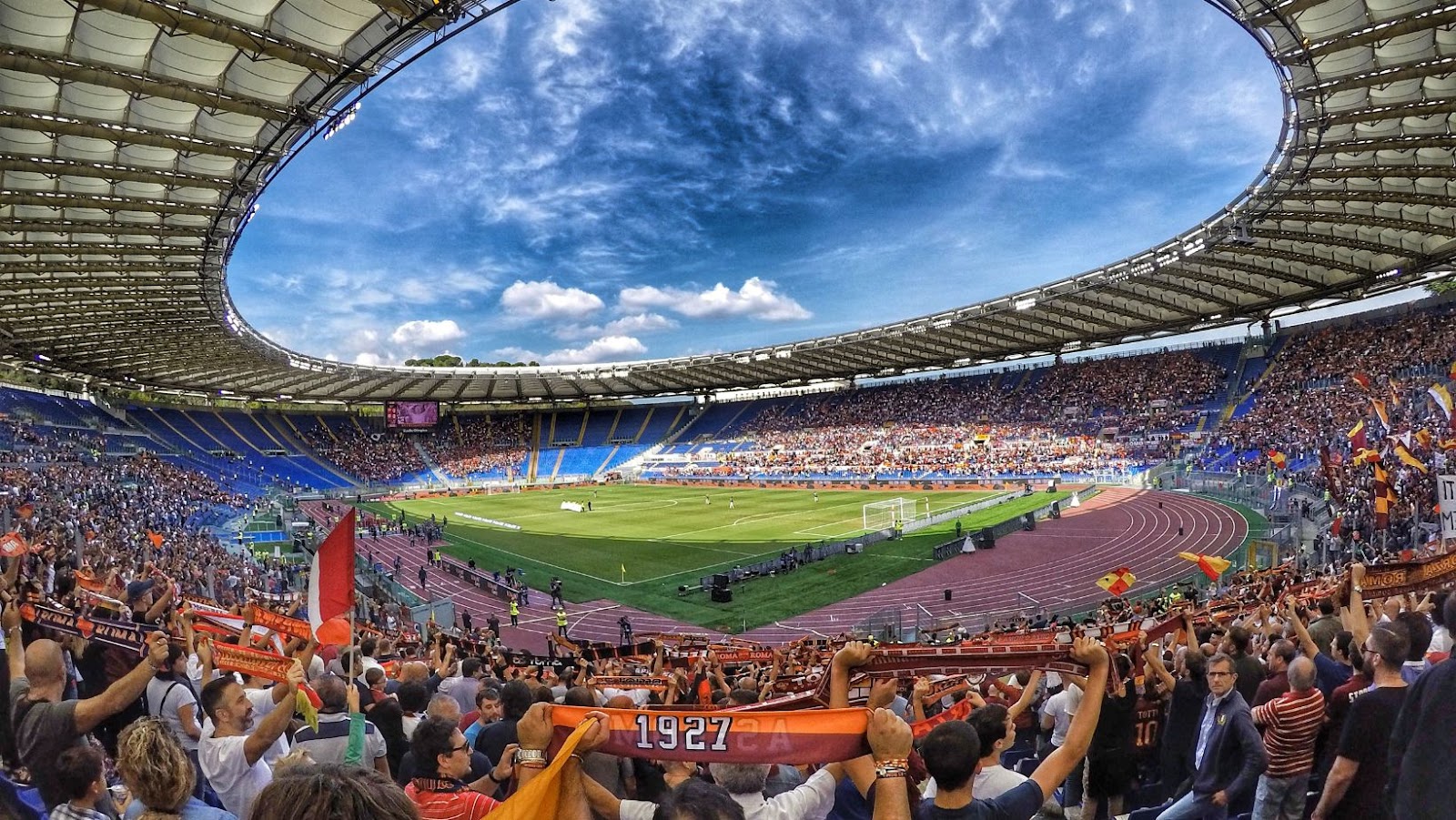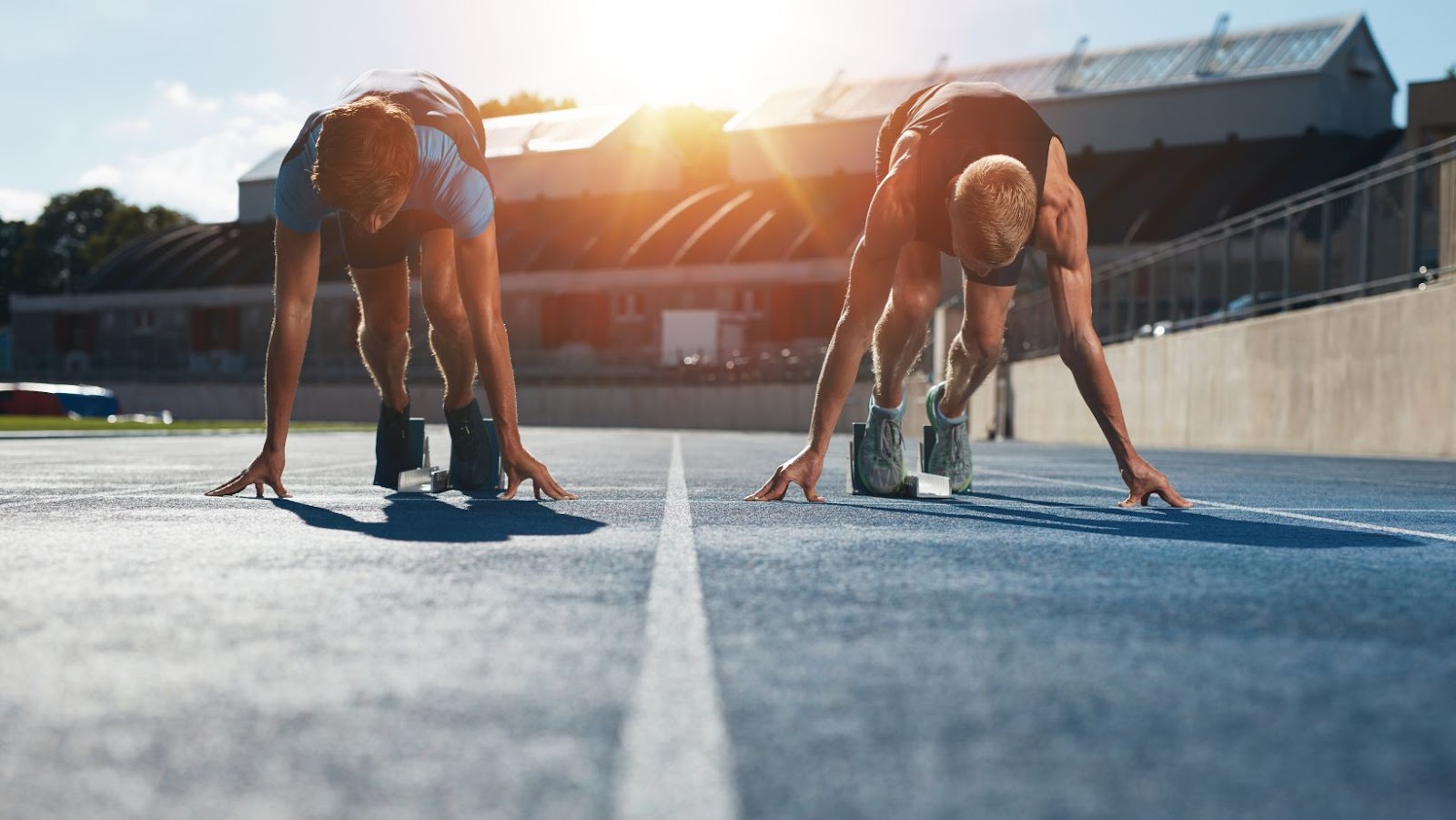Argentina’s Successes at The Olympics

Statistics show that every year the level of sports interest of the population is increasing. More sports fields are created in the cities. The number of teams competing in the Olympics is increasing. For example, Argentina made its Olympic debut in 1900. The country was represented by one athlete – fencer Eduardo Camet, and already in 2016 at the Games in Rio de Janeiro, it represented 213 people in 25 sports.
Olympic Games in 1924
At the Paris Olympics, the Argentine team of Juan Miles, Enrique Padilla, Juan Nelson, Arturo Kenny, J. Brook Naylor, and A. Peña won the first gold medal in the history of the country’s Olympic Games.
In India, bettors can bet on all kinds of sports competitions. Players can easily learn how to bet in ipl and how to predict the success of athletes in the Olympics if they follow bookmakers’ ratings and predictions.
1928 Olympics
The competition was held in Amsterdam. Participation brought Argentina 7 medals: 3 gold, 3 silver, and 1 bronze. The country ranked 12th in the unofficial medal standings. Two first and two-second places were won by the sport of boxing. The third gold went to Alberto Zorrilla in swimming. Another silver was brought to Argentina by the national soccer team. The bronze medal went to fencing.
Arturo Rodriguez Jurado
Argentine boxer nicknamed “El Mono”. He debuted in the 1924 Paris Olympics but lost the fight for second place to the Danish athlete. At the Olympics in Amsterdam, he won four consecutive fights, last by knockout against Sweden’s Nilsson Ramm.
Victoriano Alberto Sorrilla
The swimmer won the gold medal in the 400-meter freestyle at the Olympic Games in Amsterdam. He competed in three disciplines (100 m, 400 m, and 1500 m freestyle) and qualified for the final in all three events. However, he won only the 400-meter swim, losing to the other competitors.

The swimmer came seventh in the 100 m and fifth in the 1500 m. At the 1932 Olympics, he participated as a flag bearer. He did not represent his country in the pool because of a conflict. According to an unofficial version, on the eve of a major scandal erupted between the athlete and officials. The reason was the reduction of funding for Olympians.
Victor Avendaño
Victor’s sporting career as a boxer can be traced back only to 1930-1931. During this time five fights were fought, two of which were won. At the 1928 Olympics, he brought his country gold.
1932 Olympics
The most significant for the South American country was the 1932 games in Los Angeles. At the opening, the national flag was carried by Alberto Zorrilla, winner of the previous summer Olympics. This was Argentina’s sixth time participating. It finished 11th overall in the team standings. At that time 32 athletes represented the country, bringing home 3 gold and 1 silver medal. In 1932 Argentina again distinguished itself in boxing.
Santiago Alberto Lovell Sr.
Argentinian boxer. Grew up in a family of athletes. His younger brother, Guillermo Lovell, won the heavyweight silver medal in 1936 in Berlin. His father played for the national boxing team in Tokyo in 1964. Santiago Lovell fought 88 fights, winning 76 of them. He won 55 of them by knockout. The most important medal in his life history is the first-place medal in the 1932 Olympics in the light-heavyweight (over 80 Kilo) division.
Carmelo Ambrosio Robledo
The Olympic champion in boxing in the featherweight category (up to 57 kg). Raised at the Mercado de Abasto Proveedor sports school. In his time the club produced many famous boxers. Examples: Luis Angel Firpo, Luis Sardella, Juan Carlos De Luca, and others. The first Olympics Carmelo was in 28 Amsterdam. In the quarter-finals, he lost to Irishman Frank Traynor. But, already in 1932, he was able to win the gold, against the German Joseph Schleinkofer.
Amado Asar
The athlete brought to his country the silver medal in the middleweight division of the 1932 Games. Amado was known by everyone under the nickname “Toad”, as he had a grumpy temper. During his professional career, he fought 66 fights, of which he won 53 times.
Juan Carlos Sabala
He took first place in the track and field category, running the marathon (42 km 195 meters) in 2 hours 31 minutes, and 36 seconds. Juan Carlos Sabala was considered one of the favorites of the Games. He took the lead immediately at the start, losing the lead to the other marathoners after nine miles. However, in the end, having gained strength, Sabala took the lead and finished with a new Olympic record.
1936 and 1948 Olympics
For the seventh time in its history, Argentina competed in the 1936 games in Berlin. And for the first time, the country was represented by a woman – Jeanette Campbell. She took second place in the 100-meter freestyle. A total of 51 athletes competed in eight sports.
At the 1948 Olympics in London, the country was represented by 11 women. The country was represented by 199 athletes in 16 sports.

At the two Olympics in a row, Argentina was ranked 13th in the medal standings. In Berlin, it was 2 gold, 2 silver, and 3 bronze, and in London 3 gold, 3 silver, and 1 bronze.
The country’s athletes began to win in polo, swimming, rowing and track and field, sailing, and shooting. However, the first places were preferably taken by boxers.
Jenette Campbell
The girl was the best swimmer in Argentina. At the 1936 Summer Olympics, Jenette brought the country its first swimming medal. The result of 1.06.4 earned the girl second place and was the South American record for 28 years.
2004 and 2008 Olympics
The Athens and Beijing Olympics made the Argentine soccer team famous all over the world. The national team had taken first place in two Olympics in a row. In 2004, the team won 1-0 against Paraguay, and in 2008 – 1-0 against Nigeria.
And the composition of teams for four years almost completely renewed. In Athens, Herman Lux, Fabricio Collocini, Roberto Ayala, Gabriel Heinze, Kili Gonzalez, Lucho Gonzalez, Javier Mascherano, Andreas D’Alessandro, Mauro Rosales, Carlos Tevez, Cesar Delgado shone on the green field.
To assemble the national team in Beijing was a real problem. Six months before the start of the competition, the national team management could not determine the composition of the soccer team at the Olympics. The participation of famous Messi and Agüero in the tournament was in question. The Olympic Committee did not want to admit these players, as they were in European tournaments at the time. Despite all the difficulties, the country achieved the participation of athletes. The national team won the gold medal.
Also in 2004, the country took a gold medal in men’s basketball and four bronze medals in field hockey, sailing, tennis, and swimming. At the Beijing Olympics, the Argentines added to the gold medal tally in soccer and cycling.
These years the country ranked 38th and 35th, respectively, in the unofficial medal standings.
The 2016 Olympics
The Rio de Janeiro Olympics remembered Argentina for its maximum number of participants. For the first time in its history, the country represented 213 people and participated in 25 sports. In the unofficial medal standings, it took 27th place. Athletes won three gold and one silver medal. The first was brought by judoka Paula Paretta who had already won third place at the Olympic Games in Beijing.
In the final bout, the girl submitted her Japanese opponent. It was the only successful action in the fight. Such a trick brought Pareto the title of Olympic champion, by the way, the first gold medalist in the history of Argentina. The second valuable award went to the country’s piggy bank thanks to yachtsmen Santiago Lanjae and Cecilia Carran’s Saroli in the mixed-class Nacra 17. Men’s field hockey brought Argentina its third gold medal in the 2016 Games.
The silver medal went to Juan Martin del Potro for his professional game of grand slam tennis. In the first round, the athlete faced world-ranking leader Novak Djokovic. In the semifinals, Martin defeated the 2008 Olympic champion, Rafael Nadal. In the final, he lost to last year’s champion Andy Murray.
Argentina’s national team won 77 medals during its participation in the Olympics from 1900 to 2020. All were for summer sports. The largest number of medals (24 pieces) were received by boxing athletes. About a third of the 10 medals were won by yachtsmen in sailing. Argentina’s territorial location and southern climate allow its population to be the best in summer sports.

 Ultimate 3 Sites For Purchasing Instagram Followers
Ultimate 3 Sites For Purchasing Instagram Followers  Use AI Video Maker to Launch Seasonal Greetings That Wow
Use AI Video Maker to Launch Seasonal Greetings That Wow  How to Choose the Perfect Homecoming Dress
How to Choose the Perfect Homecoming Dress